The ideal wine in 4 questions
TAKE THE QUIZ
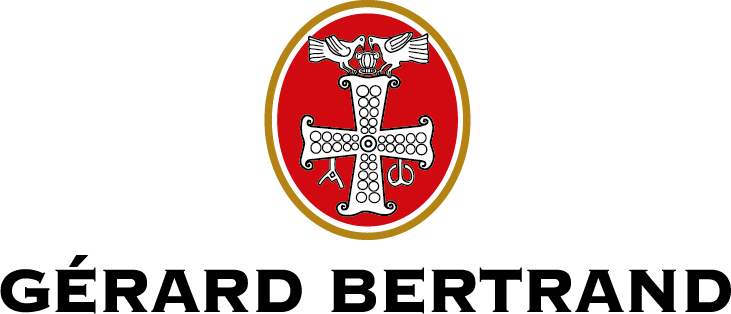

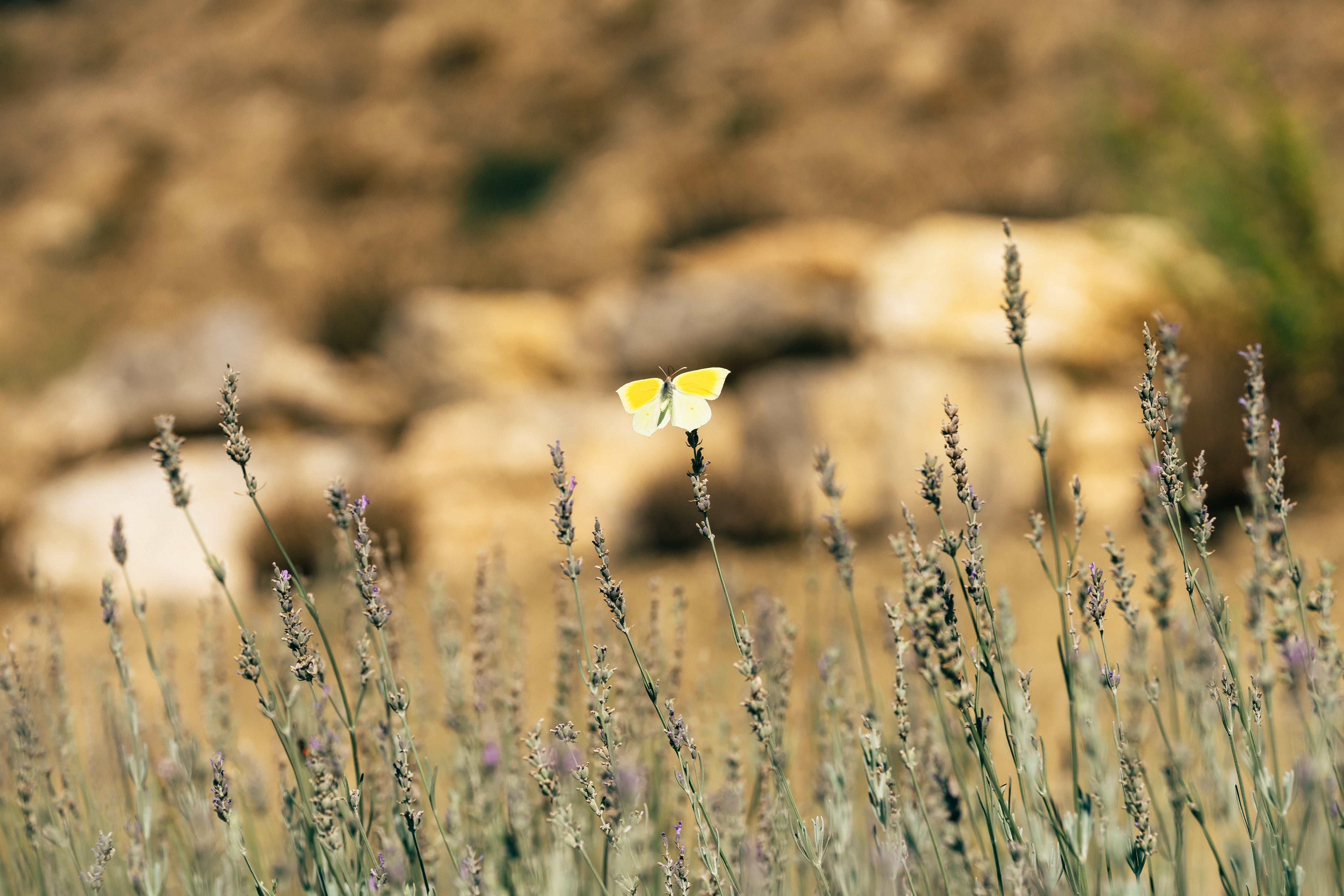
Beyond the quest for excellence in every bottle, Gérard Bertrand wines are distinguished by a series of certifications that testify to its commitment to sustainability, respect for the environment and ethics. If you're a little lost between all the different certifications, here's a guide to understanding what a label implies in viticulture and winemaking.
Reconciling the production of excellent organic wines with respect for nature is a strong commitment for the company. Today, as the world's leading producer of organic wines, all our vineyards have at least the AB label.
Organic wine is wine made according to the principles of organic agriculture, i.e. without herbicides, GMOs or other chemical fertilizers. This means applying these principles to the entire wine-making process, from the cultivation of the vines (viticulture) to the transformation of the grapes into wine (vinification). An organic wine is made from grapes that are themselves certified organic, along with all the additives (inputs) required to transform the grapes into wine (yeast, fining agents, etc.).
Obtaining the "AB" organic labelrequires compliance with strict specifications laid down by the European Union (Regulation no. 203/2012).
The CAB (Conversion en Agriculture Biologique) label has recently been introduced to identify winegrowers in the Occitanie region who have taken the step of converting their vineyards to organic farming.
The main advantage of a quality organic wine, like a biodynamic wine, is that it expresses the full potential of the fruit. The grape, by being respected during its development, delivers all its flavors.
Organic wines, when of the highest quality, are generally found to deliver finer, more delicate flavors than traditional wines. The balance of flavors is remarkable, and the wine is less alcohol-driven than a traditional wine.
Another characteristic of Languedoc organic wines is their minerality. Why? Untreated grapes are much more concentrated in trace elements and minerals. This is what gives the wine its mineral, fresh, almost saline flavor, particularly in white wines.
Discover Gérard Bertrand's entire range and collection of organic wines.
While organic farming and its "AB" label are well known today, biodynamic wine and its "Demeter" label are much less so. And yet biodynamics is a farming method that takes the "all-natural" concept even further than organic.
This method of cultivation seeks symbiosis with nature, with the primary consequence of no longer needing to use chemical products to protect it (pesticides) or nourish it (fertilizers). Biodynamics also takes into account the influence of the planets, and in particular the lunar calendar.
What's more, unlike traditional and organic wines, a biodynamic wine receives very few oenological inputs during the vinification phase.
Today, while many winegrowers claim to practice biodynamic viticulture, only the Demeter label can certify compliance with strict, totally transparent specifications. Present in 53 countries, the Demeter label is based on the specifications of the Biologique label, with the addition of more stringent measures. Demeter wines therefore de facto have the "AB" organic label.
Biodynamic agriculture, through the Demeter label, represents a higher level of respect for a more natural, artisanal production process. This is notably the case for Clos d'Ora (organic and Demeter red wine), and Clos du Temple (organic rosé and Demeter), two biodynamically cultivated estates producing exceptional wine and using animal traction (a mule) to work the soil.
Discover Gérard Bertrand's entire range and collection of biodynamic wines.
The "Vegan " label assures consumers that no animal products have been used in the wine-making process. Products commonly used in wine-making (gelatin, egg white, casein, etc.), particularly during the "clarification" phase, are totally banned.
This is in line with our brand ethos, offering an animal rights-friendly option for wine lovers. Vegan wines are the ideal choice for those seeking a taste experience without ethical compromise.
Discover Gérard Bertrand's entire range and collection of "Vegan" wines.
The "Bee Friendly" label highlights producers with environmentally positive growing practices that respect and integrate bees and pollinators into their crops. Bee Friendly certified wines are a declaration of intent to protect winegrowing ecosystems.
Discover Gérard Bertrand's full range of Bee Friendly wines.
At Gérard Bertrand, we have acquired sufficient experience and understanding of our grape varieties to protect our wine from oxidation in a natural way, without having to add sulfites.
The"Sans Sulfites Ajoutés" (No Added Sulfites) certification reflects our commitment to producing pure wines that bring out the authentic character of the terroir. The absence of added sulfites meets the expectations of consumers looking for more natural wines, while preserving the freshness and quality of the cuvées.
Discover Gérard Bertrand's entire range and collection of "Sans Sulfites" wines.
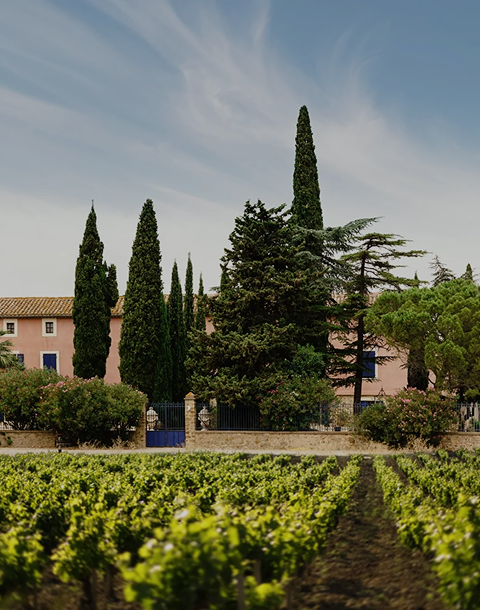
Domaine de Cigalus
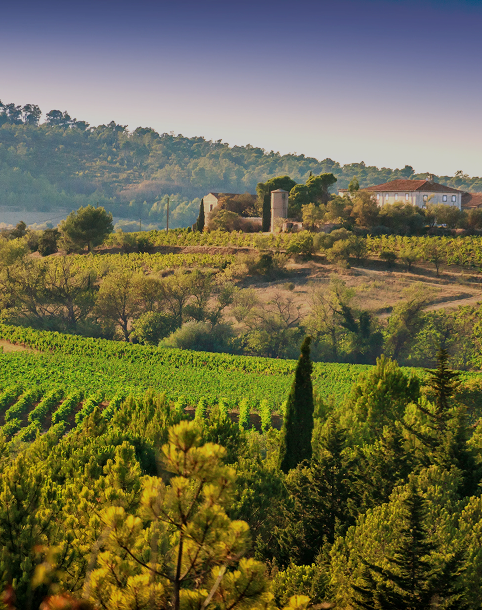
Château de Villemajou
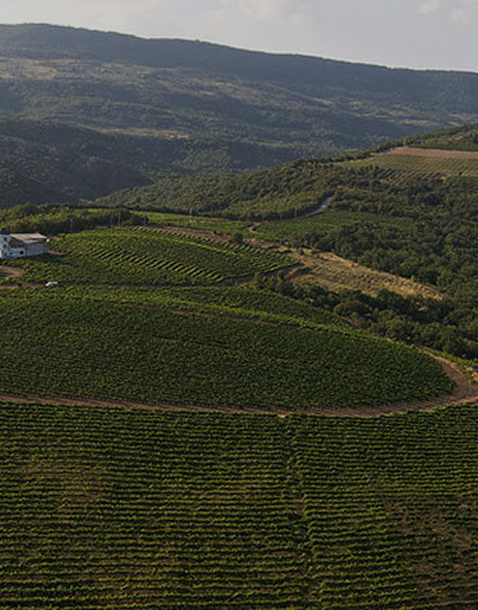
Château La Sauvageonne
Leave a comment
This site is protected by hCaptcha, and hCaptcha's Privacy Policy and Terms of Service apply.